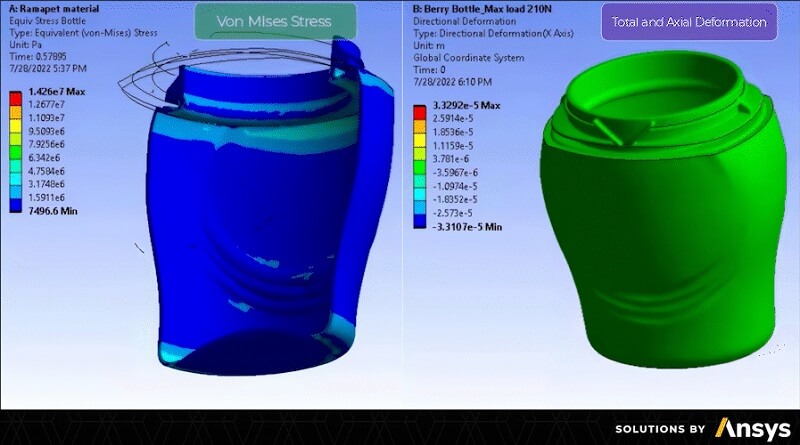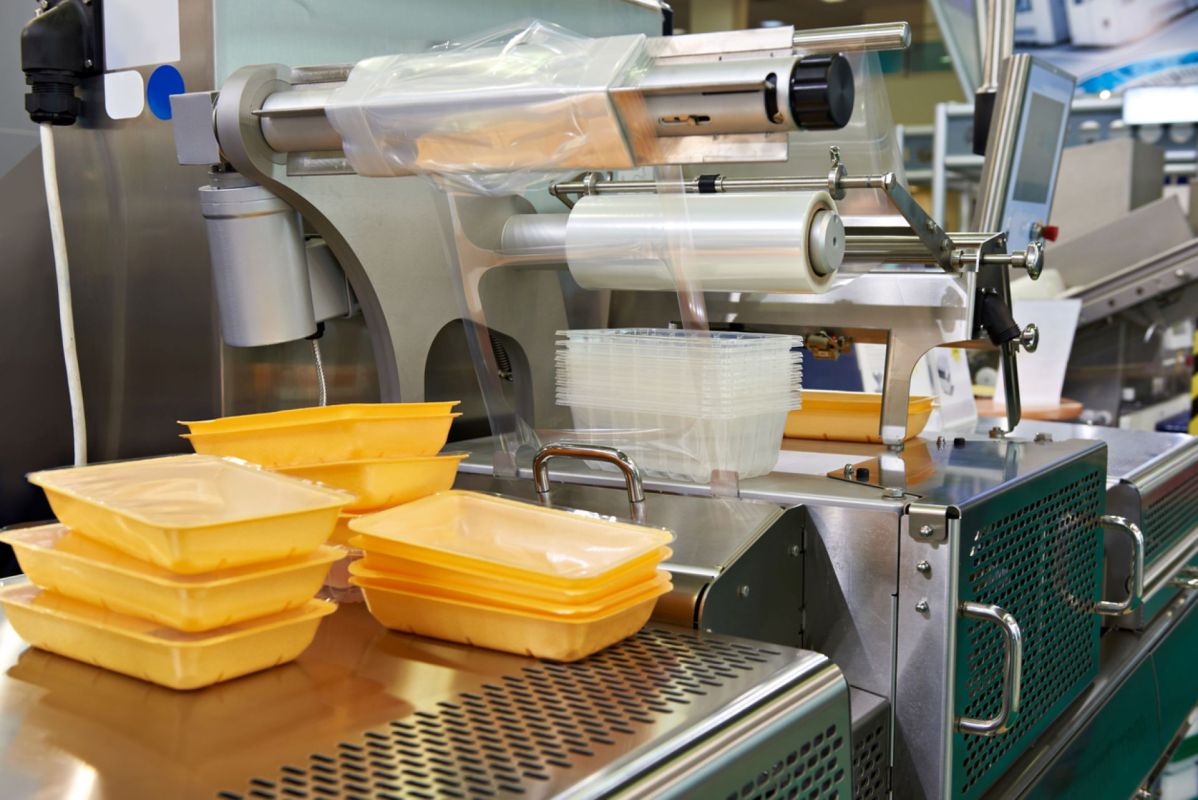Single-use plastics in food packaging present a serious environmental hazard. According to the European Commission, plastic packets and wrappers are among the 10 most commonly found items washed up on the continent's beaches.
Their dangers are numerous. Plastic packets are likely to end up in oceans and seas, where they will not degrade naturally.
They will gradually break down into microplastics, which can easily enter the bodies of marine life through ingestion. These can then be passed on to humans when eating seafood and lead to health concerns.
Lightweight wrappers can also be ingested whole by ocean-dwelling creatures, leading to a choking hazard or starving animals from the inside since they can't process food properly.
Then there are the chemicals. Plastics are typically made from petroleum, and if they remain in the water for long periods, they have the potential to leach toxic chemicals that will affect ocean habitats and drinking water.
That's why food companies are looking at alternatives that will have less impact on the natural world, and Mars is taking an innovative approach to reduce its reliance on plastic.
The multinational food giant is using simulation technology to test new packaging ideas that will help to speed up development and significantly reduce the plastic needed for testing.
Partnering with Ansys, Mars can use the data to see how certain types of packaging will respond in certain situations, such as how it will react when dropped and if it is likely to fail after leaving the production line.
By doing so, Mars believes it can eliminate the need for 246 tons of packaging in the testing stage, while it can also achieve a 40% faster development time, according to Consumer Goods Technology.
In a post on LinkedIn, global senior vice president for snacking at Mars Fabiano Lima lauded the partnership with Ansys, saying it will help the company to design sustainable packaging without the need for physical prototypes.

"This leap towards digital innovation is more than just a step forward for Mars; it's a leap towards a more sustainable future for all of us," Lima said.
Consumer Goods Technology noted that Mars has ambitions to have reusable, recyclable, or compostable packaging in the coming years, which could help significantly reduce the impact of the food industry when it comes to plastic pollution.
"In the world we want tomorrow, no packaging becomes waste," Qing Qi, vice president of R&D global innovation at Mars Snacking, said in a statement, shared by CGT. "This vision is at the heart of our multi-billion-dollar 'Sustainable in a Generation' plan and will only become a reality by taking unconstrained strides, leveraging breakthrough science, innovative thinking, and partnerships to push the boundaries of what's possible."
Join our free newsletter for cool news and actionable info that makes it easy to help yourself while helping the planet.









